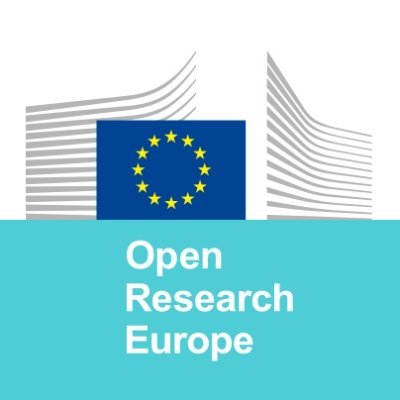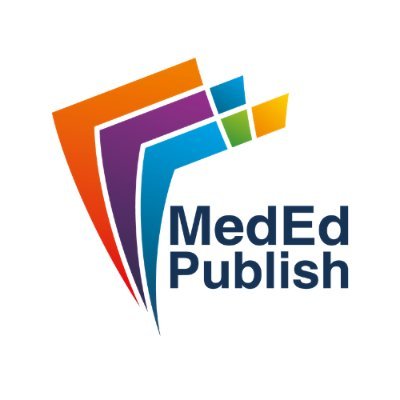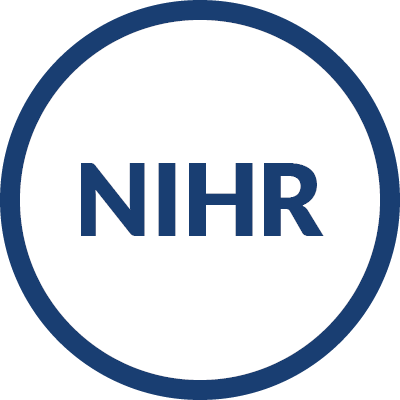Method Articles
Maximize the potential of your research with a Method Article
Visibility and openness of research is essential for academic development and discovery. As well as the traditional Research Article, F1000 and its platforms offer a range of alternative publishing formats, including Method Articles, allowing you to gain credit for each step of your research journey.
Method articles describe a new experimental or computational method, test or procedure, and should have been well tested. This includes new study methods, substantive modifications to existing methods or innovative applications of existing methods to new models or scientific questions.

Hate research waste?
So do we.
That’s why we offer a wide range of non-traditional article types, allowing you to tell the full story of your research.
When can I publish a Method Article?
There are several stages within the research journey when a Method Article could be published, including:
Planning
Publishing a Method Article during the early stages of your research project enables you to receive feedback earlier in the research process, allowing you to identify problems in your methods early on, while they can still be fixed.
Data Collection
As you progress through your research project, you may edit or refine your methodology. Publishing your Method Article at this stage helps to ensure any changes are accounted for, allowing others to accurately reproduce your study. F1000’s versioning process complements this by allowing you to publish revised versions of your article at any time.
Analysis
Often, traditional Research Articles don’t afford enough space for a comprehensive breakdown of the methods. Therefore, following up your Research Article with a Method Article ensures that your methods are described in detail for others to easily reuse and reproduce.
The Benefits
Publishing a Method Article with an F1000 platform offers several benefits for you and the wider research community.
For you
Obtain a unique, persistent identifier for your method, enabling it to be more easily discovered and cited
F1000’s rapid publication model allows for immediate impact
Minimize research waste with credit for each step of your research journey
Can lead to new collaborations
Supports subsequent publication of your study results as it demonstrates that the methodology has been thoroughly peer-reviewed
For the community
Can lead to new, unexpected discoveries
Provides research material for those with little or no funding
Encourages improvement and validation of research methods
Reduces duplication efforts
Featured articles
Internal replication of computational workflows in scientific research [version 2; peer review: 2 approved]
Benjamin-Chung J, Colford, Jr. JM, Mertens A et al.
Read the article
CODECHECK: an Open Science initiative for the independent execution of computations underlying research articles during peer review to improve reproducibility [version 2; peer review: 2 approved]
Nüst D and Eglen SJ.
Read the article
Adapting the 3D-printed Openflexure microscope enables computational super-resolution imaging [version 1; peer review: 2 approved]
Grant SD, Cairns GS, Wistuba J and Patton BR.
Read the article
Why publish with F1000?
F1000 articles are published open access immediately, following rapid in-house editorial checks. Articles are usually published under a CC BY license, which permits unrestricted access, distribution, and reproduction.
The wide scope of F1000 platforms means all original research is welcome, with a range of article types available to authors to maximize reach and impact within subject communities. Our open peer review model facilitates an open dialogue between authors and reviewers, publishing comments and feedback alongside the published article. We advocate for transparency and reproducibility in research, opening potential for collaborative research, and reach beyond academia.
Open Research Europe
Open Research Europe is an open access publishing platform for the publication of research stemming from Horizon 2020, Horizon Europe and/or Euratom funding across all subject areas.
All researchers funded by a Horizon 2020 and/or Horizon Europe grant can publish original research related to their project on the platform for free.
Wellcome Open Research
Wellcome Open Research provides Wellcome-funded researchers with a place to rapidly publish any results they think are worth sharing.
The publication costs are covered through article processing charges, which are funded centrally by Wellcome. This means that researchers funded by Wellcome can publish on the platform for free.
Gates Open Research
Gates Open Research is a platform for rapid author-led publication and open peer review of research funded by the Bill & Melinda Gates Foundation.
The publication costs are covered through article processing charges (APCs), which are funded centrally by the Bill & Melinda Gates Foundation. This means that researchers partially or wholly funded by the Gates Foundation can publish on the platform for free.
HRB Open Research
An open research publishing venue from the Health Research Board offering rapid publication, open data, and open peer review for HRB-funded researchers.
The publication costs are covered through article processing charges, which are funded centrally by the HRB. This means that researchers who held an active HRB grant or were working on a HRB-funded/co-funded grant on or since 1 January 2017 can publish on the platform for free.






